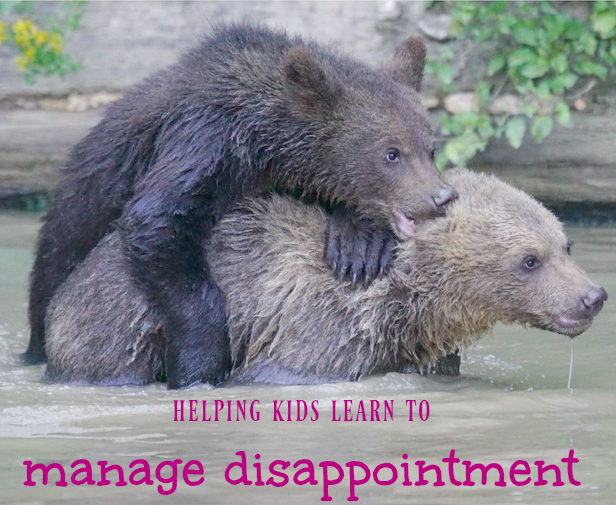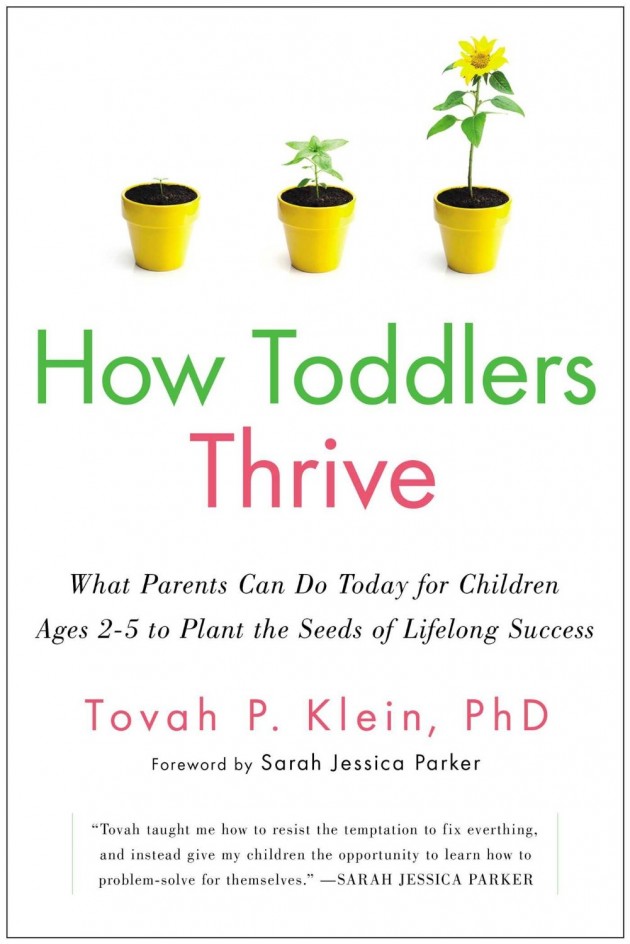Its nearing the second week back to a new school for both my boys. My oldest, who is entering grade eight, calls to tell me he didn’t make the flag football team. “Oh, Jay I am so sorry, that really stinks!” I said those words aloud to my son, but inside I actually thought, “Oh F—!” I felt heartbroken for my son. He sounded so disappointed yet trying to save face with me as he said, “I tried really hard mom. And by the way, Tom and Jack made the team.”
Let your inner mama bear have her say — inside your head
At that moment, my mama bear side wanted to take over. Inside my head she was fuming and yelling. What’s wrong with that coach? It’s only grade eight for crying out loud, why didn’t he give kids who aren’t as sports inclined a chance to play? That’s what I would do if I was coach. I would be fair!
Doesn’t he know my son is new to the school? He only knows two boys in the whole school who he met this summer because I kept encouraging him to go to the park and that I even called the school just before it opened to tell them that I was expecting them to put him in the same class as those two boys! What about the fact that my son as an IEP and one of his challenges is his overall confidence, especially in social situations. I guess he didn’t read that! I’m going to call the school, speak to the coach and get my son on that darn team.”
Encourage your kids by using connecting statements
Though all those ranting thoughts — and a few nastier ones — rolled around inside my brain, I tried to put on my “professional hat.” So I took a deep breath, and made a few connecting statements. “You did try so hard Jay. Dad and I could tell. You must be really disappointed. It’s hard knowing that your friends made the team and not you, huh?”
It was what my son said next that stopped me in my tracks and made me realize that despite my initial instinct to fix and protect him, that I guess overall, I am actually doing the right thing. He said “Yeah, it does sort of stink, but you know Mom, Tom and Jack have played before, so they have had way more time to practice. This is my first time ever playing the game and now I can join the robotics team, so I will probably meet some new kids there.”
Recognize your child’s growing ability to manage disappointment
“Holy crap!” is what I said to myself. I couldn’t believe what I was hearing. Was this my son? Is this the boy who I had to peel off me for almost two years when I dropped him off at daycare? Was I looking at the same boy who would have meltdowns when his granola bar broke in half? Is this the boy who was too shy to respond to a greeting until he felt comfortable? The boy who in a large group who is happy to go off and do his own thing? Is this the boy who I worry about constantly? Yes, it is!
As a parent, you might be able to relate to my ranting thoughts and have most likely experienced extreme sympathy for your child when they are upset. Believe me, this is normal! We may want to protect and perhaps help fix all their problems for them. But, when we do this we are not teaching them the essential skills to problem solve, manage their emotions, think critically or provide them with the tools they need to bounce back when things don’t go their way.
Letting your kids fail teaches them valuable skills
There is an abundance of research around resiliency, a healthy growth mindset (see the work of psychologist Carol S. Dweck) and a focused persistence called “grit” (see the work of psychologist Angela Lee Duckworth). This research shows we can cultivate these qualities in our children ,which are fundamental to long-term success. However, our tendency is to overprotect by not allowing our children to experience failure. We constantly fix their problems, which makes everything worse!
So how do you let them fail? As difficult as it may be, we need to allow our children to experience disappointment and failure. We aren’t forcing them to completely fend for themselves. Helping to establish these skills in our children provides them with a soft blanket to fall on. We let them know we care by making connecting statements (see the work of Jennifer Kolari), recognizing how they feel about the situation, and helping them persevere.
Guide them through disappointment
You can support them by asking questions around what could they do differently. The goal is to have our children ask themselves, “How can I grow from this experience?” “What can I do differently next time?” We want them to understand disappointment doesn’t mean it’s the end of the world. It just means, “Okay, this happened. Now what?” At times, your child may be stuck and unable to come up with solutions or even think of silly ones, which is fine. Encourage their creative thinking by prompting other ideas and providing alternatives.
Not everyone is open and willing to try new experiences. Some children always gravitate towards familiar situations and ones in which they have succeeded. When we don’t encourage our children to venture out of their comfort zone, they lose opportunities for new growth. Instead of overprotecting and limiting their options, introduce them to new things. Be prepared for the tears and the begging, but stay strong. Don’t forgot the praise their efforts!
Model how you manage disappointment
Who do children look up to the most? Their parents! Modeling your own healthy ways of managing disappointment teaches your children how to be a resourceful. They learn how to be a confident person in situations where they may feel helpless. It’s okay to express to them how you feel, but modeling how you switch from negative to positive thoughts leads to constructive actions.
As a parent, you should feel comfort in knowing that you will make mistakes and that you don’t have all the answers. I know I do! When you see your child starting to use these skills and experience success as they tell you, “It’s okay mom, I got this,” you will be one proud mama bear. I know I am!
References:
- https://www.verywell.com/helicopter-parents-do-they-help-or-hurt-kids-1095041
- http://connectedparenting.com/
- https://www.ted.com/talks/carol_dweck_the_power_of_believing_that_you_can_improve
- https://www.ted.com/talks/angela_lee_duckworth_grit_the_power_of_passion_and_perseverance
By: Janet Arnold, Finding Solutions: www.findingsolutions.ca








